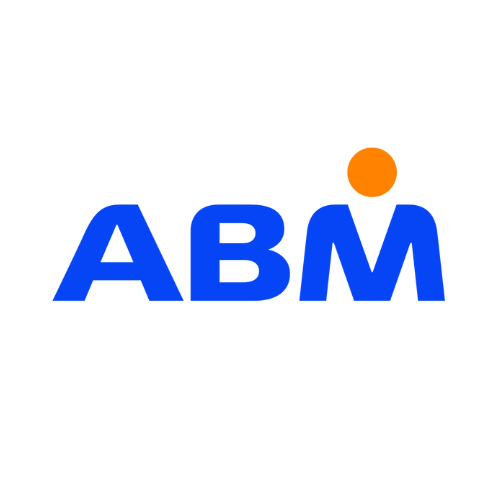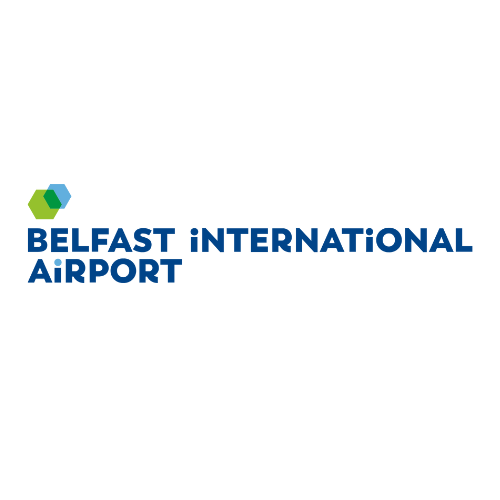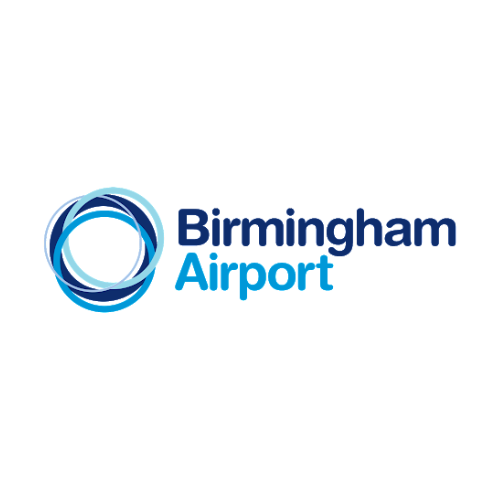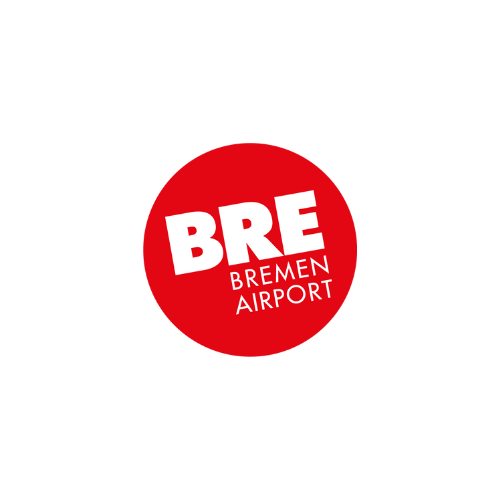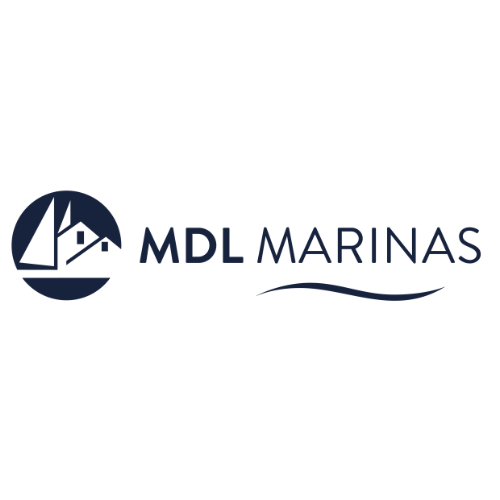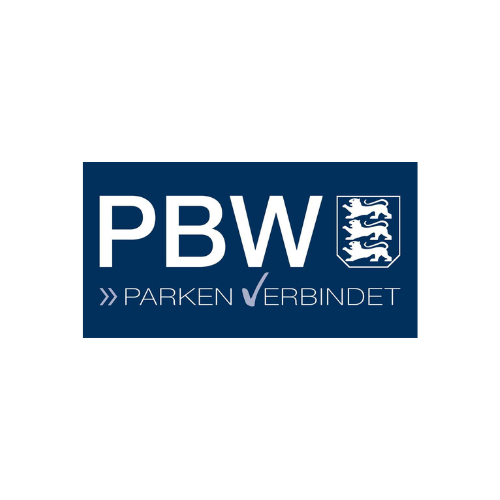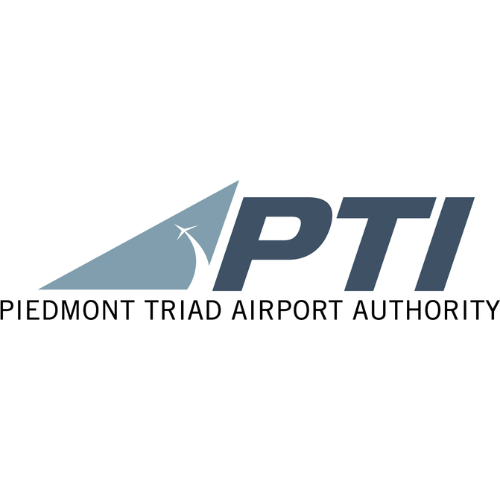It’s vital to understand the importance of customer retention when it comes to getting the most from your customers. When you keep your customers longer, engaging and building relationships with them, the lifetime value of those customers will grow. In fact, statistics show that returning loyal customers spend 33% more, on average, per order than others.
Customer retention often results in customers making higher-value purchases in the future too. For example, a passenger who has visited their airport and purchased parking directly with the airport is more likely to buy flights from the airport the next time they travel.
While 82% of companies agree that retention is cheaper than acquisition, it’s worth investing in acquiring customers to boost revenue and increase brand reach.
Acquisition and retention aren’t the only strategies you can use to increase passenger spend and value. It’s also possible to boost revenue and improve loyalty by increasing per-customer sales, i.e. selling more to your existing customers.
Upselling and cross-selling are both common approaches to increasing per-customer sales. However, there is a fine line between offering relevant and helpful products and simply overselling your products. Companies that overuse up and cross-selling risk giving customers a negative impression, and no one wants to do that.
Up and cross-selling techniques are both valuable, but it’s essential to offer them at the right time, in the most relevant and personal way.
So how do you find the right balance? Here we’ll take a look at the most effective ways to implement travel marketing techniques to increase spend per passenger.
Making contact with your customers
When your airport is preparing travel marketing campaigns, you are naturally looking to attract new customers, retain existing passengers and build awareness about your products, routes, services and everything else you have to offer. However, once the customer has engaged with that message and is searching to book flights on your website, you have a direct opportunity to communicate other products to them.
The process begins with marketing permissions. Once a customer has signed up to receive newsletters and marketing communications, your airport is well placed to communicate with that customer in a personalised way. Without that direct contact and the rich data that comes from the customer’s information, marketing is basically ‘one-size-fits-all,’ which is much less effective.
Customers who buy flights through the airport’s affiliate travel service are more often than not people who have used the airport in the past, had a good experience with the airport and have developed brand trust as a result. Your marketing approach will differ significantly for these customers than those who bought flights from an airline site, booked parking through your airport website and may not even know they can book flights through the affiliate program.
How do you go about it?
Ensure before you send customers off to the affiliate site, you gather customers’ permission to market to them. Once somebody has permitted you to communicate with them, you can tell them about all the other things they might want to buy from the airport. Although the communication might start with travel marketing, it can lead to a fully formed relationship. You can automate follow up with customers who came through your affiliate site, giving you many more opportunities to monetise.
Of course, the other reason to make sure you get permission to market to your customers is that consent is necessary under GDPR legislation. Without overt consent to send marketing messages, you’re breaking the law and can be subject to severe penalties.
Make your ‘subscribe’ CTA visible
There are plenty of places to put a ‘subscribe’ box. When a customer is searching your website, offering the option to subscribe to receive news of special offers and new destinations adds value to their experience.
The ecommerce checkout is another opportunity to ask people to check a sign-up box. The customer has already given you all of their information and shown that they’re interested in buying from you, so they have an incentive to subscribe to marketing emails.
Make sure the CTA is clear, intuitive and visible. Customers shouldn’t have to search for your subscribe button or have any trouble knowing what you need them to do.
Increasing passenger basket value
Whilst too much up and cross-selling in a retail context can be a turn-off, airports have an advantage because every product and service they offer is relevant to the passenger journey and experience.
Here at Rezcomm, we encourage a single-basket approach to increasing spend per passenger. When somebody is already buying their parking from the airport, there is an opportunity to sell fast track and airport lounge. Customers who book directly with an airport are loyal and serious about their relationship with the airport. These loyal passengers are more open to considering ancillary products from a brand they trust, so why not put them in front of them?
Bundling all products and services into a single basket gives you an accurate single-passenger view and an excellent opportunity to increase spending per passenger.
Selling to a captive audience
Increasing passenger spend doesn’t have to stop when they’ve made a purchase. As Sean Staff, Marketing Communications for Regional and City Airport Group points out; it’s possible to do this post-booking:
“What we do at RCA with email marketing is to make sure we’re there at every step of the journey once the passenger has already booked. It’s about knowing whether there is a product that might suit them better. It’s about spotting opportunities to upsell and cross-sell, and working closely with all of your concessions and making sure that all of the content that you put into all of the communication with your passengers is really valuable and compelling.”
As Sean says, this is particularly relevant once the passenger is inside the terminal building:
“One specific advantage is the ability to communicate with passengers when they’re there in the departure terminal and say, ‘Whilst you’re here; here’s a compelling offer for you.’ Then it’s not just about making money, it’s about optimising that journey, and the bonus is that you build loyalty and increase spend, and that’s what we’re all trying to achieve. Using those automated emails and making sure the content is relevant to the passenger is key.”
Using Rezcomm’s Drag & Drop Email Builder, it’s easy to build engaging emails at speed, featuring hyper-personalised content with data pulled from your CRM system. Combined with our automated email sending service, it’s possible to deliver emails at scale in sub 2 seconds and benefit from a host of powerful tracking tools to increase visibility and drive revenue.
Selling to improve customer experience
Andrew Williamson, Commercial Product Manager at London Gatwick Airport, believes it’s possible to increase spend per passenger by focusing on customer experience:
“I think it’s about improving that passenger experience and the ancillary revenue opportunities that sit in there,” he says.
“At Gatwick, we’re very much at the point now of just mapping out what that customer journey looks like. When customers give you that permission to market to them, we’re looking at how we can use the information we’ve got about that customer to really play to them, enhance their experience, and add value to them. By doing that, we’re ticking all the boxes on customer loyalty, the ancillary value and customer value.”
Customer experience really is key. Statistics show that 86% of customers are willing to pay more for a great experience, and according to research from PWC, customers will pay a price premium of up to 13% (and as high as 18%) for luxury and indulgence services, simply by receiving a great customer experience.
If you are looking at upselling and cross-selling from a customer perspective, airport passengers want an easy and smooth journey through the airport and beyond. They want an enjoyable experience, and they might even fancy a touch of luxury. Where you might be looking to sell your airport as a destination, offering lounge time with a glass of champagne as an upsell is a great way to increase customer spend while improving their experience.
What’s more, in light of the recent pandemic, passengers are looking for safer and touchless ways to travel through the airport. So why not consider cross-selling services like fast track for convenience when passengers book parking or a lounge pass with your airport? Virtual queue buster tickets, available as e-tickets via mobile phones within terminals, are also attractive options that support passengers in fulfilling a safer, touchless airport experience.
Just be sure to cross-sell and upsell the right products and services to the right customers (this is where your data comes in.) There’s little point in marking high-value airport lounge experiences to someone who always chooses the budget option.
Customer segmentation for targeted selling
Customer segmentation makes it possible to market the right product, to the right customers, at the right time, and it’s easy to do with Rezcomm’s Marketing suite of tools.
Our tools collate data from all customer touchpoints to build smart passenger profiles, so you can get to know your customers, the products they like, the destinations they visit and what matters to them most. Centralised customer data supports marketing automation, saving you time and helping you maximise every opportunity to engage and sell to your customers.
You’ll find more to focus on than simple customer acquisition and retention because your airport will have the tools to offer a world-class customer experience and personalised product recommendations, making each of your customers more valuable.
Increase customer value with Rezcomm
Take your travel marketing to the next level with Rezcomm. Get in touch to learn more about our plug and play online marketplace and how our advanced marketing and customer modules will support your business in delivering a first-class experience, building trust and unlocking revenue from loyal customers.
